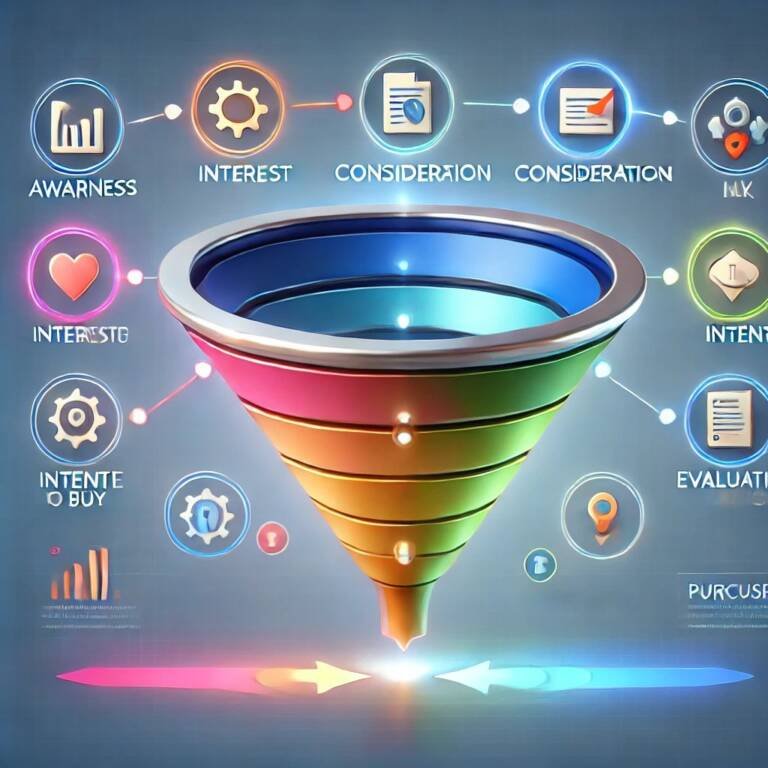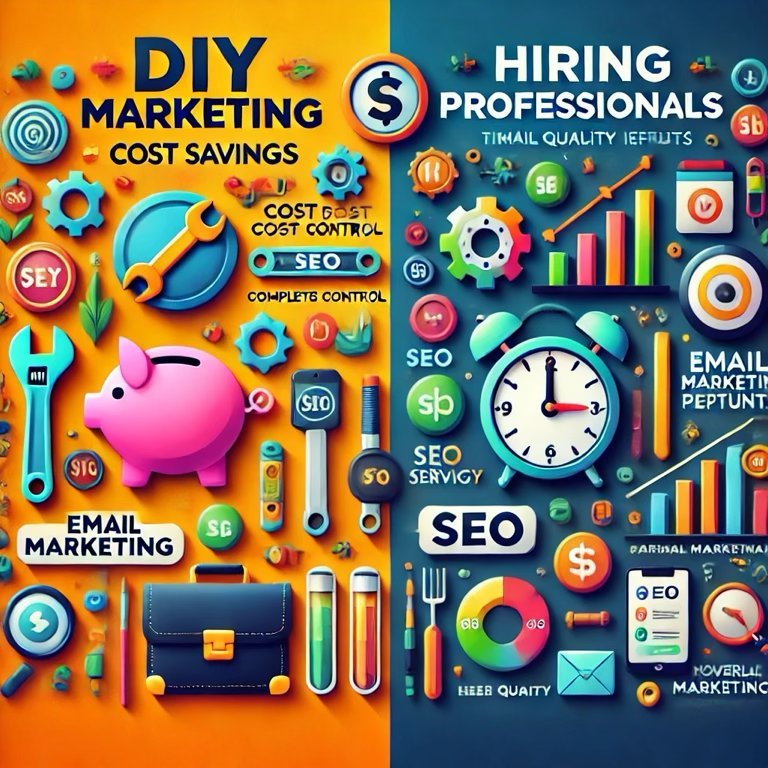Table of Contents
ToggleWhy Marketing is Essential for New Businesses
Starting a new business is an exhilarating venture, but it comes with its challenges. One critical aspect that can determine the success or failure of your business is marketing. Did you know that companies that invest in marketing are 13 times more likely to see a positive return on investment? In this blog post, we will explore the importance of marketing for new businesses and discuss essential strategies to ensure your marketing efforts are effective.
1. Understanding Marketing
Marketing is the process of promoting and selling products or services, including market research and advertising. It encompasses a wide range of activities aimed at understanding and meeting customer needs. While often used interchangeably, marketing and advertising are not the same. Advertising is a subset of marketing focused on creating awareness and persuading potential customers to make a purchase. Ignoring this difference can lead to ineffective strategies and missed opportunities.

2. The Marketing Funnel
The marketing funnel represents the customer journey from awareness to purchase. The stages include Awareness, Interest, Consideration, Intent, Evaluation, and Purchase. Understanding these stages helps businesses create targeted strategies to move potential customers through the funnel, ultimately leading to a sale.
• Awareness: Capturing the attention of potential customers.
• Interest: Engaging prospects with valuable content.
• Consideration: Providing detailed information to help prospects evaluate your offering.
• Intent: Encouraging prospects to show intent to buy.
• Evaluation: Assisting in the decision-making process.
• Purchase: Converting leads into customers.
Failing to address each stage of the marketing funnel can result in lost leads and diminished growth.

3. Key Marketing Strategies
•SEO Strategies:


4. Cost and ROI of Marketing
Marketing can be a significant investment, but it is essential for business growth. The cost of marketing varies depending on the strategies used, the industry, and the competition. A well-planned marketing budget ensures you allocate resources effectively. To give you a clearer picture, here are some ballpark figures and statistics on marketing costs:
• Budgeting for Marketing:
Understand the average costs for different marketing strategies:
1. SEO (Search Engine Optimization):
• Small businesses might spend anywhere from $500 to $2,500 per month.
• Mid-sized businesses typically allocate $2,500 to $10,000 per month.
• Large enterprises could spend upwards of $10,000 per month.
2. PPC (Pay-Per-Click) Advertising:
• Google Ads: Businesses might spend $1 to $2 per click, with average monthly budgets ranging from $1,000 to $10,000.
• Facebook Ads: Costs per click range from $0.50 to $2.00, with monthly budgets often between $500 and $5,000.
3. Social Media Marketing:
• Costs for social media management and advertising can range from $1,000 to $20,000 per month, depending on the scope and scale of campaigns.
4. Email Marketing:
• Tools like Mailchimp or Constant Contact might cost $20 to $300 per month, depending on the size of your email list.
• Outsourcing email marketing campaigns can cost $500 to $2,000 per month.
5. Content Marketing:
• Writing blog posts, whitepapers, and other content might cost $100 to $500 per piece.
• Comprehensive content marketing strategies could range from $2,000 to $20,000 per month.
• Timeframe for Results:
Marketing is a long-term investment:
• SEO: Expect to see significant results in 6 to 12 months. Patience and consistency are key. Immediate changes or impatience can lead to wasted efforts and resources.
• PPC: Pay-per-click advertising can yield immediate results, often within a few days to weeks. However, ongoing optimization is required for sustained success.
• Social Media Marketing: Building an engaged audience and seeing consistent results might take 3 to 6 months of regular posting and interaction.
• Content Marketing: Gaining traction with content marketing typically takes 6 to 9 months, depending on the quality and frequency of content.
• Measuring ROI:
Track key metrics to measure the success of your marketing efforts:
• Website Traffic: Use tools like Google Analytics to monitor the number of visitors, their behavior, and the sources driving traffic to your site.
• Conversion Rates: Calculate the percentage of visitors who take a desired action, such as making a purchase or filling out a contact form.
• Customer Acquisition Cost (CAC): Determine how much it costs to acquire a new customer by dividing your total marketing spend by the number of new customers acquired.
• Return on Investment (ROI): A good ROI varies by industry but generally aims to be higher than the initial investment. For example, an ROI of 5:1 (five dollars earned for every dollar spent) is considered strong.
Not measuring ROI can result in unnoticed failures and missed opportunities:
• Businesses that track and measure ROI are more likely to adjust their strategies effectively and achieve better results. According to a HubSpot report, companies that calculate marketing ROI are 1.6 times more likely to receive higher marketing budgets.
By understanding these costs and timeframes, businesses can better plan their marketing strategies and allocate resources to maximize growth and success. Remember, a well-structured marketing plan with a clear budget, patience, and consistent efforts can lead to significant long-term benefits.

5. DIY Marketing vs. Hiring Professionals
While DIY marketing can be cost-effective, it requires time and expertise. Consider the following:
• DIY Marketing:
• Pros: Cost savings, complete control over strategies.
• Cons: Time-consuming, requires knowledge and skills.
• Tools and Resources: Utilize tools like social media schedulers, email marketing platforms, and SEO software.
• When to Hire a Professional Agency:
• Signs You Need Help: Lack of time, expertise, or results.
• Cost of Professional Services: Marketing agencies offer a range of services with varying costs. Research and choose an agency that fits your budget and goals.
• Choosing the Right Agency: Look for agencies with experience in your industry, positive reviews, and a proven track record.
Ignoring professional help when needed can lead to stagnation and missed growth opportunities.
Conclusion
Marketing is crucial for the success of any new business. By understanding and implementing effective marketing strategies, you can increase your chances of attracting and retaining customers. Remember, marketing is an ongoing effort that requires time, patience, and consistency. If you need assistance, don’t hesitate to contact a professional marketing agency to help you achieve your business goals.
Incorporating these strategies and understanding their importance can make a significant difference in the growth and sustainability of your new business.
Contact Figgie’s Finance today to assess your business’s health and determine if marketing is within your financial means.
Your financial success is our priority!

Additional Resources
For further assistance in managing your business finances and building business credit, consider using the following tools:
• QuickBooks: A powerful accounting software to help manage your business finances.
• 1Password: Securely store and manage your business passwords and sensitive information.









